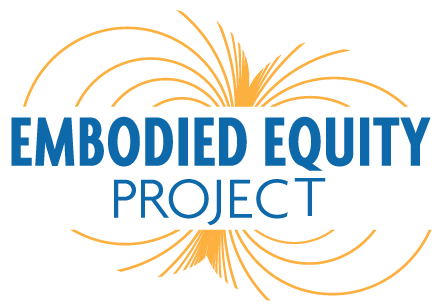Our Commitment to Accountability
Accountability is foundational to our integrity. Below are some of the ways we currently practice it.
Build and sustain authentic, reciprocal relationships across racial identities
Bring an intersectional approach to anti-racism
Continue learning and growing in our own equity journeys
Honor our teachers
Sustain and maintain a community of mutual support and challenge.
We practice transformative alliances, an explicitly reciprocal, mutually supportive model, wherein we exchange feedback in ways that honor our respective identities.
Practice financial transparency around where our donations go and whom they are explicitly benefiting.
We pay facilitators $200-350/hour, with white facilitator’s giving 10-20% of their personal earnings to BIPOC led racial justice organizations, including the Manna Hatta Fund and the Black Organizing for Leadership and Dignity.
